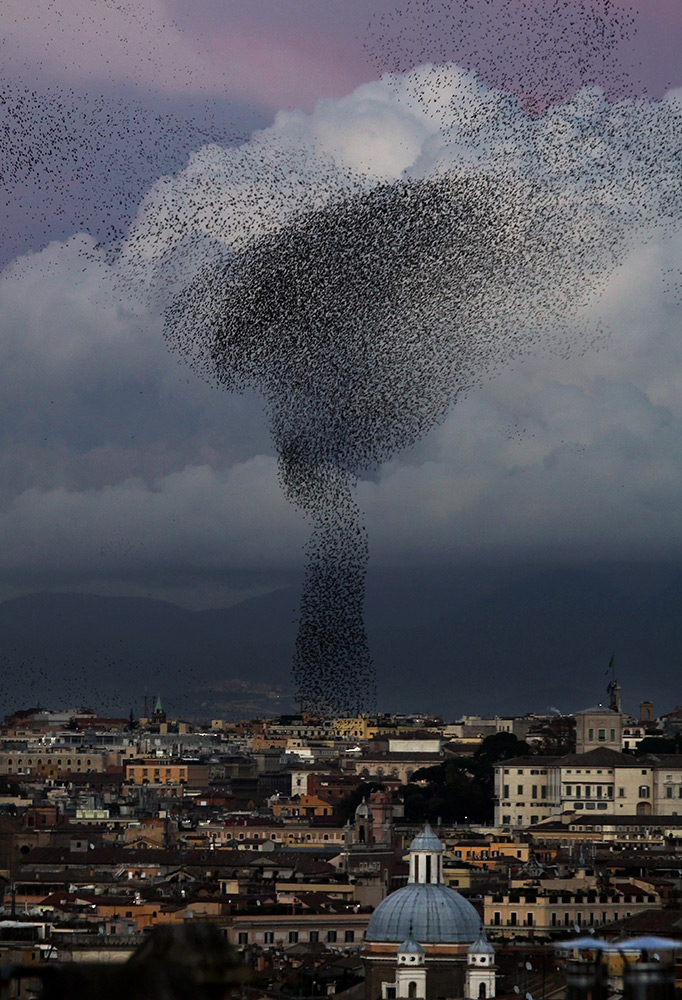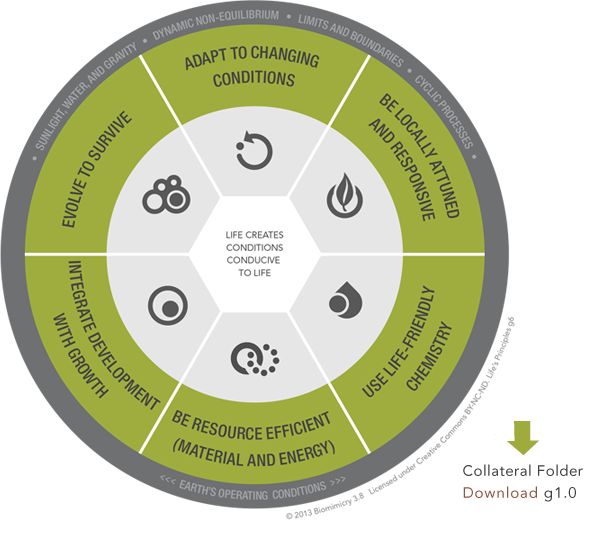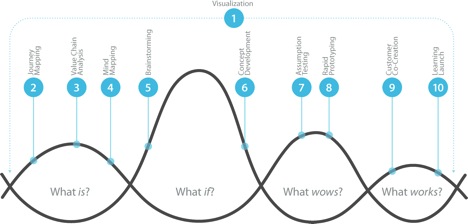
I’m an engineer, result of 20th century western education and my past social context. Can I reinvent myself and become a 21st century engineer inspired by Nature? Can I unlearn what I have learned and reinvent my expertise to contribute to real sustainable solutions? Yes, but how?
Did you also thought that as experienced (coastal) engineer you could live your (professional) life thrilled and successful based on what you have learned in the past? You thought you used the correct skills to provide answers to the challenges you were confronted with? You have underestimated yourself! You are much more than an experienced engineer. Your skillset is broader and richer. You have a soul and intuition that you can use on top of your expertise. What a relief! But a struggle, isn’t it?
As an engineer you’ve trained yourself and got experienced to be analytic, oriented to “problem solving”. You used linear thinking to tackle the chaotic, multi-dimensional and complex problems. You studied the physics, mathematics, statistics and methodologies to design. You learned to use numbers, formulas, guidelines, … You learned how to simplify the reality, since you were trained to fit reality into human-made simplified models.
During your career you focused on deepening your engineer skills. So did I. I repeated my solutions, because it was easy, it was comfortable and the world was supposed predictable, understood and slowly changing. I pushed myself to focus on efficiency, to be more “productive”, to apply existing standards and methods. But, I forgot to combine my engineering mindset with a completely different way of thinking. I forgot to feel and use my soul. I underestimated the strength of connecting with others coming from, at first sight, very distant disciplines. I forgot to be inspired by citizens, children, music and beauty. I forgot to connect with Nature. Consequently, the solutions I came with where not good enough for what we need today. And what about you? Do you find suitable solutions?
We should give ourselves the space and time to reflect and be creative. Therefore, I chose to enter the jungle, to embrace change as philosophy, to pioneer and to connect with others also enjoying the jungle. It is a journey where we will work in co-creation with people that don’t know anything about engineering, but know about eco-systems, human brain & neurosciences, music and the innovative strength Nature. I opened my mind and heart: we need a shift to holistic and system thinking. Are you ready to make that shift?
Todays’ biggest challenge is not climate change. Today’s challenges are related to the dramatically decreasing biodiversity, reduced human wellbeing and societal and economical models that are not supporting a happy life Nature is able to sustain. Everything on Earth is interconnected and interdependent. Everything. I learned that Nature takes care of the patterns by itself and by learning from its own design lessons to reinvent and regenerate. The disturbance humans have introduced the past decades can still be repaired. Hereto design lessons from Nature and system thinking are an inspiration. But change starts by exploring new insights and apply them in the projects you are working on.


